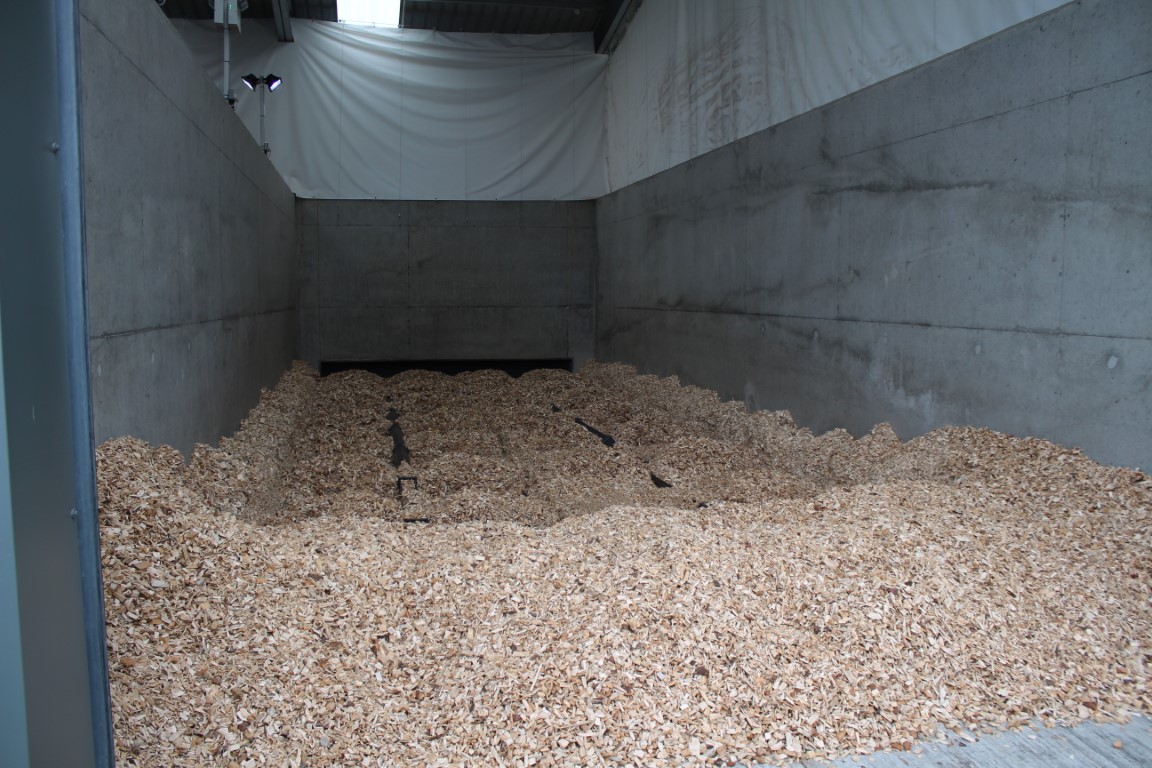Everything You Need to Know About Biomass Boilers

As the world continues to seek sustainable alternatives to traditional energy sources, biomass boilers have emerged as an efficient and environmentally friendly solution.
These boilers utilise organic materials, such as wood pellets, agricultural residues, and dedicated energy crops, to generate heat and hot water. In this article, we will explore everything you need to know about biomass boilers, including their operation, benefits, considerations, and their role in combating climate change.
How Biomass Boilers Work:
Biomass boilers operate by burning organic materials to produce heat. The combustion process releases energy, which is then used to heat water or create steam. This heat can be utilised for space heating in residential, commercial, and industrial buildings, as well as for hot water production. Biomass boilers can be categorised into two types: grate boilers and fluidised bed boilers. Grate boilers use a fixed or moving grate to burn biomass, while fluidised bed boilers suspend biomass particles in an upward flow of air.
Environmental Benefits:
Biomass boilers offer several environmental advantages compared to fossil fuel-based heating systems. First and foremost, they utilise renewable resources, which helps reduce dependence on finite fossil fuels. Biomass combustion also produces lower carbon dioxide (CO2) emissions compared to coal or oil, as the carbon released during burning is absorbed by the next generation of biomass crops. Additionally, using biomass for energy helps divert organic waste from landfills, reducing methane emissions.
Energy Efficiency:
Modern biomass boilers are designed to achieve high energy efficiency, which translates to cost savings and reduced carbon footprint. The combustion process is optimised to extract as much heat as possible, and advanced technologies, such as condensing systems, further enhance efficiency. Biomass boilers can reach efficiency levels of 80% or higher, depending on the specific design and installation.
Fuel Availability and Sustainability:
One key consideration for biomass boilers is the availability and sustainability of the fuel. Wood pellets, wood chips, and agricultural residues are commonly used biomass fuels. Wood pellets, made from compressed sawdust and other wood byproducts, are widely available and have consistent quality. It is crucial to source biomass fuel from sustainable suppliers who adhere to responsible forestry practices and ensure a reliable supply chain.
System Integration and Maintenance:
Integrating a biomass boiler into an existing heating system requires careful planning and professional installation. Biomass boilers can work alongside other renewable energy systems, such as solar panels, to provide a comprehensive and sustainable heating solution. Regular maintenance and cleaning are essential to ensure optimal performance and prevent any potential issues. It's crucial to follow manufacturer guidelines and seek professional assistance when needed.
Financial Incentives and Support:
Governments and organisations around the world recognise the importance of transitioning to renewable energy sources. Consequently, financial incentives and support programs are often available to promote the adoption of biomass boilers. These incentives may include grants, tax credits, and favourable financing options, making biomass boilers an attractive investment for homeowners, businesses, and public institutions.
Contribution to Climate Change Mitigation:
Biomass boilers play a significant role in mitigating climate change by reducing greenhouse gas emissions. By utilising organic materials that absorb CO2 during their growth, biomass boilers contribute to a closed carbon cycle. Furthermore, replacing fossil fuel-based heating systems with biomass boilers helps reduce overall CO2 emissions and dependence on non-renewable energy sources, supporting global efforts to combat climate change.
Biomass boilers are a sustainable and efficient alternative for heating and hot water production. With their ability to utilise renewable resources, reduce greenhouse gas emissions, and contribute to the circular economy, biomass boilers are becoming increasingly popular in residential, commercial, and industrial settings.
When considering a biomass boiler, it is essential to evaluate factors such as fuel availability, system integration, and maintenance requirements. By adopting biomass boilers, individuals and organisations can make a positive impact on both the environment and their energy costs, while contributing to a more sustainable future.